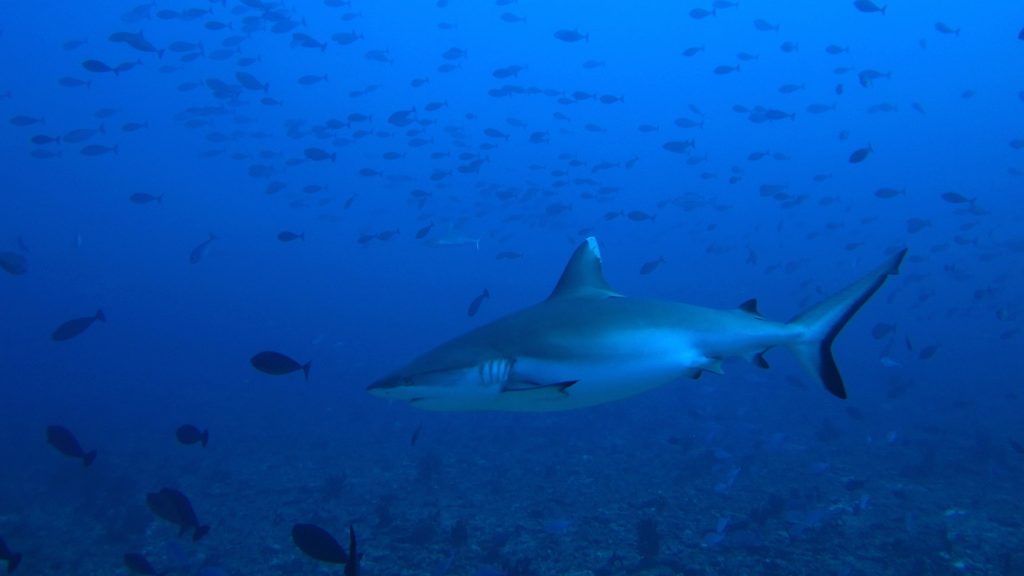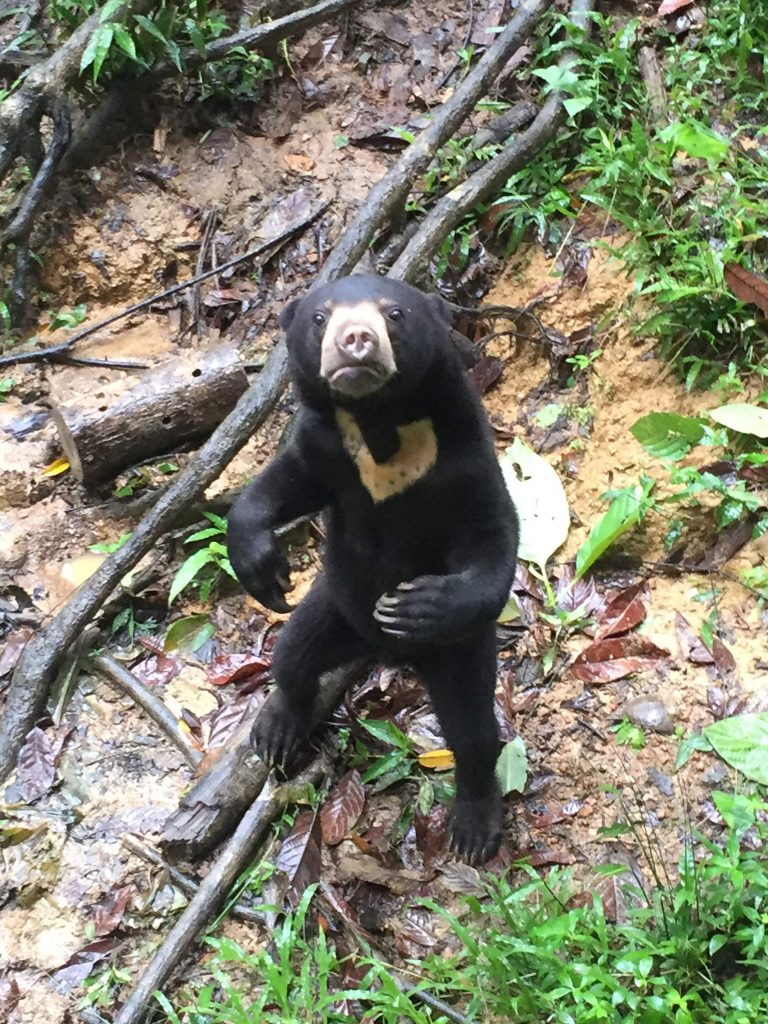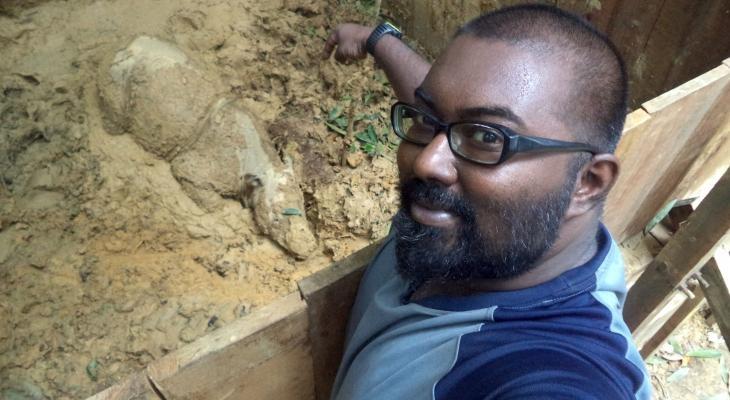When the Magic of Stories Meets the Wonder of Wildlife
Kenya, 1984.
It’s odd to say this, but even as a four-year-old, I knew that this trip had changed my life forever.
I grew up watching BBC wildlife documentaries, so when my dad brought me to the Maasai Mara National Reserve for a safari adventure to see lions, giraffes, elephants and other magnificent creatures thrive in their natural habitat, I was delirious with joy and a sense of wonder. I knew then that I wanted my life to revolve around wildlife. Not just to appreciate them, but to do everything I could to help look after them.
Borneo, 2014.
After years of honing my craft, I was now a wildlife filmmaker who was in the middle of the Bornean rainforest, directing and producing “Operation Sumatran Rhino”, a National Geographic wildlife conservation documentary on the rescue of the last critically endangered Sumatran rhino of Malaysia. It took me three years to follow the conservation efforts and tell that story. The four-year-old in me was high-fiving himself.
Singapore, 2020.
Today, I am proud to share with you ‘A Wild Life’, Our Better World’s first ever wildlife conservation series. A project half a year in the making which puts Asian conservation stories in the spotlight by showcasing the threats that wildlife face, and what we can do to make a difference. A narrative adventure with the goal of getting more people to care for wildlife.
These moments are major milestones in my life, which shows my passion not just for wildlife but for storytelling too.
All the time in between, especially during the years spent learning how to tell stories, have forged me into what I am — an impact storyteller. Someone who believes that content is a means to an end. A catalyst to move you into action.
Stories have power. They can draw you in. They can entertain you. They can move you. And, they can change you for better, even for worse.
The movie Jaws (1975) instilled horror in people about sharks and led to a worldwide hunting frenzy that saw shark populations falling by an estimated 50%.
But we now know that this “terror” is unfounded. They are not the vengeful, human-seeking monsters and that we’re more at risk from fireworks, lightning and even the flu, than from a shark attack.

Peter Benchley who wrote the book the film is based on, who would go on to say, “Knowing what I know now, I could never write that book today.” He eventually became a conservationist who advocated for the protection of sharks.
But while Jaws was a force for negative impact, there are stories which go on to change the world in profoundly positive ways.
Let’s stay in the water with the 2013 documentary Blackfish which shed light on the tragic story of Tiikum, a captive killer whale at SeaWorld (USA) and the miserable lives of killer whales in captivity. People were enraged when they learnt of how the animals were being treated. As a result of the public outcry, and impact on its business, SeaWorld brought an end to its breeding programme and killer whale shows.
This is the power that stories wield. When harnessed for important causes, it can leave a lasting powerful legacy.
This is what impact storytellers aspire to create. To craft stories of meaning, of substance, of value, with an honest and emotionally potent delivery so that you, the viewer will feel, will be moved, and be inspired to act on how you feel.
At Our Better World, we believe stories have the power to move and inspire you to create a better world for everyone. And by everyone, I mean people and wildlife.
For me, nothing excites me more than using the magic of stories to bring positive impact to wildlife conservation - a cause that urgently needs our support, now more than ever. The number of endangered species has more than doubled in the past two decades. Without urgent intervention, we will lose so much life and beauty. This mass extinction will also have a profound impact on the fragile ecosystems on which human life depends.
But while we are the cause of this, we also have the power to change the tide if we want to.

Today as we celebrate on World Wildlife Day, we launch our first ever wildlife conservation series featuring the conservation efforts by Asians to protect sun bears, pangolins and slow lorises from the threat of illegal hunting and trade. This is the first of a three-year series that will also look into human-wildlife conflict and community conservation in the next two years.
Our vision for this series is for you to care for wildlife and to protect them. I hope that through this series, we show you that protecting wildlife is important to our human experience by reaching your mind – to the awareness that saving wildlife brings tangible benefits to us and that they are critical to our wellbeing; your heart - to speak to your emotional and moral values by showing that wildlife need our compassion; and to your soul – to convey the beauty of seeing wildlife and nature thrive. My hope is that through this approach, more people will stand up and make a difference and become passionate advocates for wildlife.
As you explore this series, I hope you share them far and wide, so that we can use these stories to move people to action. I’m excited to see what impact we can all create together. So that many other four-year-olds (and people of all ages) can still go on a safari and be wow-ed by the wonder of wildlife.





